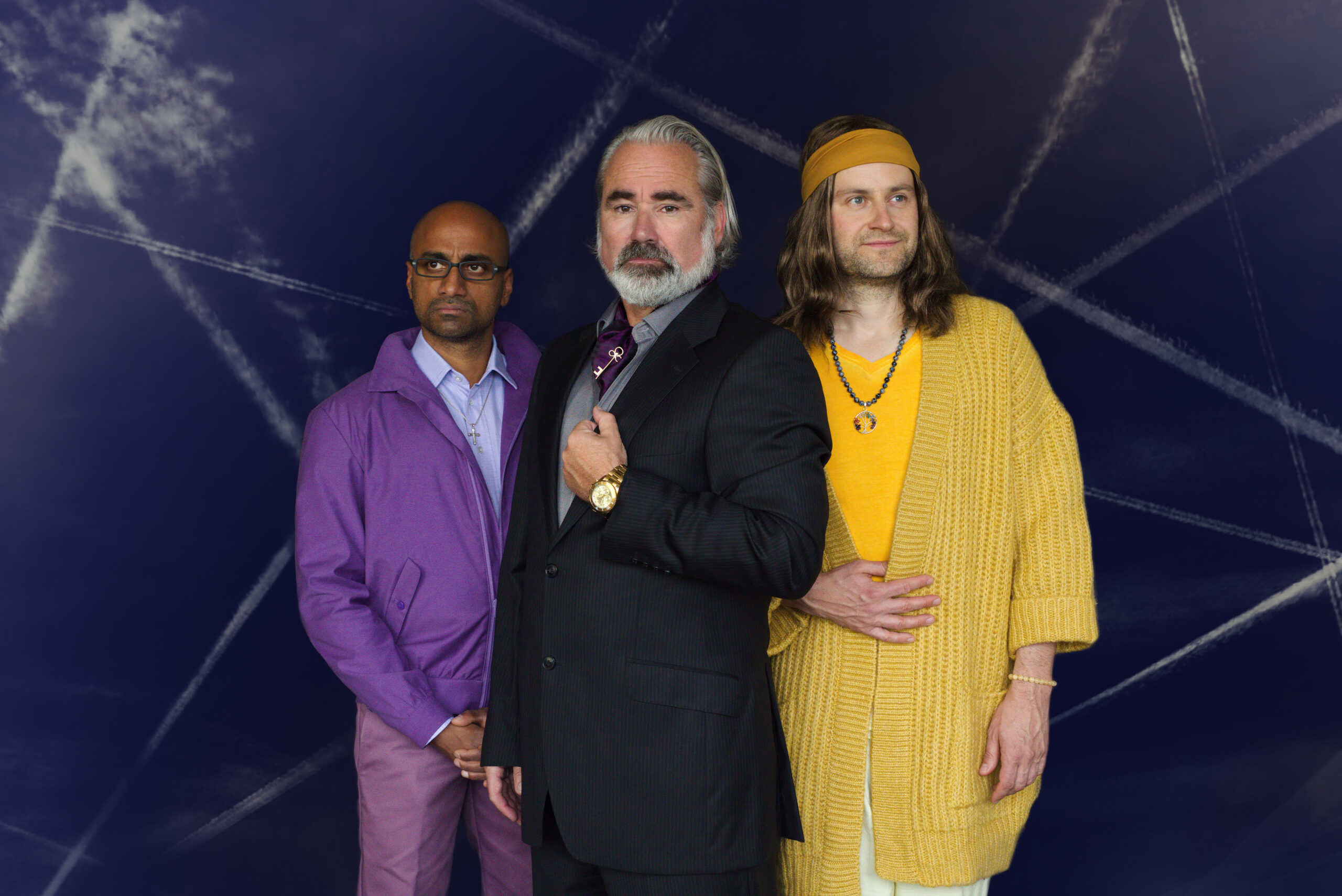Der Schlüssel (The key)
Coincidence? Conspiracy? Mashup?
by Christiane Mudra
World premiere 06 November 2021
Revival September 12-15, 2022
Three basic assumptions are “constitutive for conspiracy theories: 1.) Nothing happens by chance. 2.) Nothing is as it seems. 3.) Everything is connected." Michael Butter
In the wake of the pandemic, covid deniers have increasingly brought conspiracy narratives into public consciousness and unleashed a new wave of disinformation. In terms of content, age-old motifs blend together, which almost without exception have anti-Semitic roots, while the Shoah is regularly relativized at demonstrations. Inquiries to cult counseling centers increased sixfold in 2020.
"The Key" examines the history and modes of action of conspiracy narratives, particularly their anti-Semitic elements.
In a game setting that highlights theatrical stylistic devices, religious enactments, and digital propaganda, participants explore the degree of their own susceptibility as well as the line between opinions and facts. "The Key" is an interactive demagogic game. The spectators form the "base" of a movement and are thus players for the evening. They communicate with the actors by means of a voting software and contribute opinions and moods as "swarm intelligence".
It is striking how quickly a subjectively felt loss of control as well as a fear of economic decline erupts in the search for an enemy and a higher logic. The Leipzig Authoritarianism Study already showed in 2018 that 32% of the German population agreed with conspiracy ideology statements. According to the 2019 Mitte study, more than half of the participants think that they should trust their feelings rather than experts.
In an increasingly secular, globalized world, the longing for identity and identification wants to be satisfied by new means. Ordering structures such as religion, family and traditional privileges are being redefined or rendered meaningless in a liberal society. With social isolation and the confusion of a globalized world, the need for belonging, structure and explanations is growing. At the same time, the networked society fuels the desire for narcissistic self-exaltation, such as that promised by the supposedly exclusive knowledge of a conspiracy. But when and how does belief in conspiracy become dangerous?
The search for scapegoats is an ancient phenomenon. Any state of emergency leads to a shifting of blame, to a paranoid self-dramatization as a victim, and at worst, like the anti-Semitic conspiracy ideology of the National Socialists, to violence deemed as self-defense. A similar line of argument is followed by conspiracy-believing perpetrators of violence like the assassins of Halle and Hanau or the murderer of Idar-Oberstein, who see themselves as victims of an evil ideology.
Digital platforms serve as a catalyst for such radicalization. Social media groups function as echo chambers. Google's auto-complete function repeatedly shows untruths as the first hits in relevant search queries.
YouTube channels presenting themselves as legitimate sources polarize through misrepresentation and agitation, all while recording click numbers in the millions. They’re further recommended and streamlined in order to maximize the so-called "watch time" of the users.
Against this backdrop, "the key" throws a spotlight on different conspiracy narratives and their historical roots. This evening of theater exposes these myths as transformative reinterpretations, as mashups of age-old motifs, and thus illustrates the effect on current developments. The correspondence of anti-Semitic attitudes to alternative and educated bourgeois circles is also illuminated.
Above all, however, "The Key", through its playful experimental arrangement, probes the receptivity of all participants to conspiracy narratives and encourages them to reflect on the causes. In so doing, "Der Schlüssel" aims to counteract the blending of opinions and facts (Hannah Arendt), the spread of half-truths, and the increasing polarization of society, and to advocate for a respectful culture of political debate.
Onlinepanel „Verschwörungsideologien und Antisemitismus“
am 13.11.2021 um 15 Uhr
Online Panel "Conspiracy Ideologies and Anti-Semitism"
11/13/2021 at 3 p.m.
Registration: investigativetheater@gmail.com
With Micha Brumlik, Annika Brockschmidt and Niklas Vögeding
Moderation: Christiane Mudra
The panelists will discuss structures and modes of action regarding conspiracy ideologies, their anti-Semitic elements and how to deal with conspiracy believers.
Prof. Dr. Micha Brumlik was professor at the Institute for General Educational Science at the University of Frankfurt and director of the Fritz Bauer Institute, Study and Documentation Center on the History and Impact of the Holocaust. Since 2013, he has been senior advisor at the Selma Stern Center for Jewish Studies Berlin/Brandenburg in Berlin. He has published numerous non-fiction books and writes as a guest author for various newspapers.
Annika Brockschmidt studied history, German studies and war and conflict studies in Heidelberg, Durham and Potsdam. She is a freelance journalist, author and podcast producer. Her book "Amerikas Gotteskrieger" ("America's God's Warriors") is currently on the Spiegel bestseller list.
Niklas Vögeding studied sociology and social theory, works in the prevention of right-wing extremism and is also active in the Veritas counseling center for victims and those affected by conspiracy narratives. https://cultures-interactive.de/de/veritas.html

Murali Perumal, Stefan Lehnen and Sebastian Gerasch. Photo: Verena Kathrein
Reviews
What Mudra has compiled is probably even more extensive than the material by the recently broadcast ARD political magazine "Kontraste". And regardless of how many different formats - as film, as words from an artificial intelligence, as coded catchphrases - she presents it on stage: The density is enormously high (...) The evening is important, you can see that again and again when you look at the voting results. Because there, too, one often doubts the too self-evident belief: "We are the good guys after all!".
The new project by Christiane Mudra brings together communication electronics and live performance. (...) The very clever and extensively researched work reveals an old acquaintance in all the patterns that emerged particularly clearly during the Corona pandemic with its virus skeptics and vaccination refusers: Anti-Semitism.
In a "mash-up", a wild mixture of different conspiracy theories that exposes their parallel structures, the audience is torpedoed live and via video with facts about the anti-Semitism of a Rudolf Steiner about the power of digital media (...) Can we even clearly delineate our own profile in this flood? An exciting evening of theater that makes you think, instructs you, but also confuses you. Coincidence? The formation of one's own opinion is also expressly encouraged here.
Credits
Concept, research, text and direction: Christiane Mudra
With: Sebastian Gerasch, Stefan Lehnen and Murali Perumal
Costume design: Sarah Silbermann
CGI/VFX: Yavuz Narin
Lighting design and technical direction: Peer Quednau
Set design: Manuela Müller
Assistant director: Carolin Pfänder
Graphic Design: Jara López Ballonga
Production: ehrliche arbeit- freies Kulturbüro
PR: Kathrin Schäfer KulturPR


